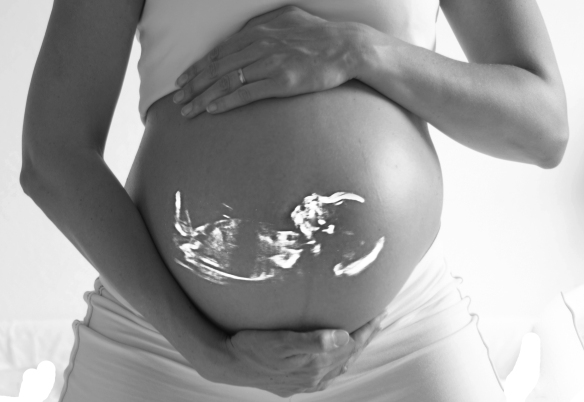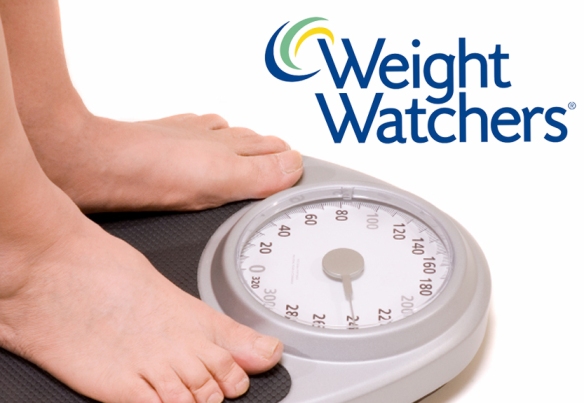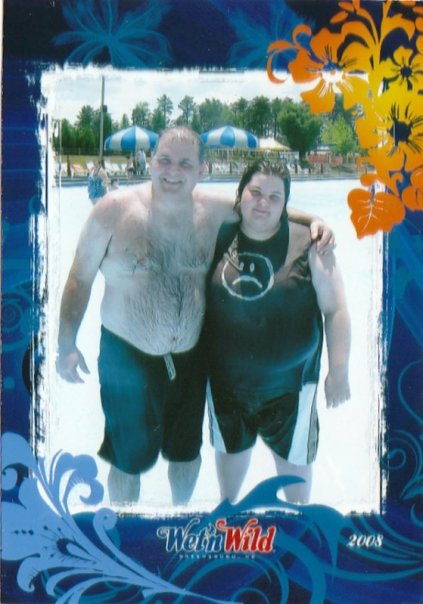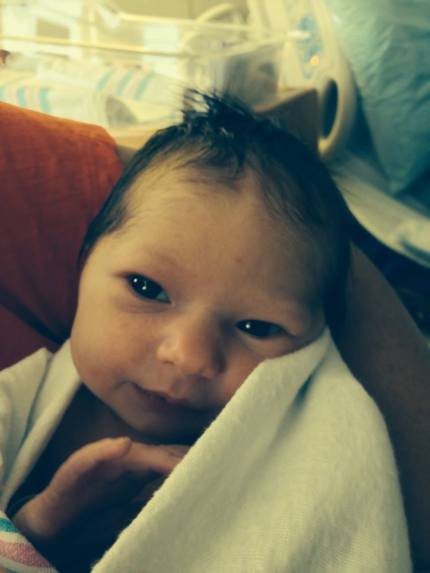I’ve discussed before one of my biggest motivators for weight loss were the words I heard from a doctor years ago: that my chances for having a child unassisted were minuscule, at best. Obviously, I overcame my own fertility struggle, but there are many women along the PCOS journey who continue to grapple with or even fail to conquer this obstacle.
Women with PCOS suffer with fertility issues due to a variety of reasons: the first and most obvious of reasons being a lack or or irregular menstrual cycle. However, there is more to a PCOS cyster’s fertility journey than unpredictable or absent ovulation.
Sadly, women with Polycystic Ovarian Syndrome may suffer from miscarriages, late term pregnancy losses, and other pregnancy related issues. In fact, women with PCOS have a 45 – 50% chance of miscarriage, as compared to 15 – 25% for those who do not have the condition (1).

Women with PCOS are also at greater risk of developing gestational diabetes, hypertension, preeclampsia, and blood clotting disorders. Additionally, they are more likely to have pre-term births or over-sized babies.
The cause of these complications has not been entirely narrowed down, though researchers offer a number of reasons why these risks may be greater for the cyster community. These theories are as follows:
- Insulin-resistance (may lead to increased blood clotting in the uterus, interfering with the placenta’s functioning)
- High androgen (male hormone levels)
- High luteinizing hormone (the hormone that stimulates ovulation)
These increased risks may make pregnancy seem daunting, but under close consultation and observation, a successful pregnancy is entirely possible for many. Careful measures must be taken by mothers-to-be and their care teams to ensure they maintain a proper diet, engage in routine exercise, minimize stress, and stabilize their insulin and glucose levels. Early consultation with your care team when planning or expecting pregnancy is essential.







